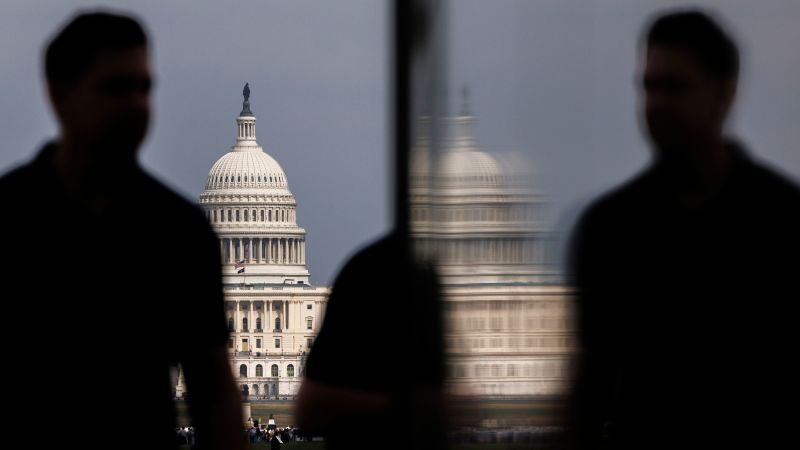
Democrats’ crises begin to play out in early Senate recruitment and first campaigns
CNN
Democrats’ panic over what they stand for and whether they can credibly compete beyond the bluest states is already erupting in the rush to recruit Senate candidates across the country for next year — a desperate effort to dig out from years of losses that have them far from power at a moment they need it most.
Democrats’ panic over what they stand for and whether they can credibly compete beyond the bluest states is already erupting in the rush to recruit Senate candidates across the country for next year — a desperate effort to dig out from years of losses that have them far from power at a moment they need it most. Will Democrats, indeed, compete everywhere in 2026? Will leaders allocate money even in tough races, or will they consolidate conservatively around their best bets? How will they handle what could be candidates who range from being aligned with Bernie Sanders to occasionally voting with Donald Trump? Even this early out from the 2026 elections, these questions are all playing out against the toughest set of Senate races Democrats have faced in decades. “On its face, the Senate map does not look great, but if this is a wave election, Democrats can compete in places they normally can’t,” said Jaime Harrison, who before his recently completed term as Democratic National Committee chair ran for Senate in South Carolina in 2020. “The goal has to be: recruit a Democrat for every damn seat.” Harrison failed in his attempt to turn a red state blue. While he raised $130 million, he still lost to Sen. Lindsey Graham by 15 points. But hopes of a major backlash to Trump, fed by internal poll numbers that operatives say show his popularity dropping, has Harrison and two dozen other Democratic operatives and candidates across the country who spoke with CNN arguing that next year’s elections could be more in line with the Democratic wave of 2006.

Rep. Marjorie Taylor Greene made clear she is at odds with the president and other Republicans who support an aggressive posture against Iran, acknowledging that there’s a “very big divide” in the party over the issue and that her position opposing foreign wars is becoming “more popular” among the base.

 Run 3 Space | Play Space Running Game
Run 3 Space | Play Space Running Game Traffic Jam 3D | Online Racing Game
Traffic Jam 3D | Online Racing Game Duck Hunt | Play Old Classic Game
Duck Hunt | Play Old Classic Game










